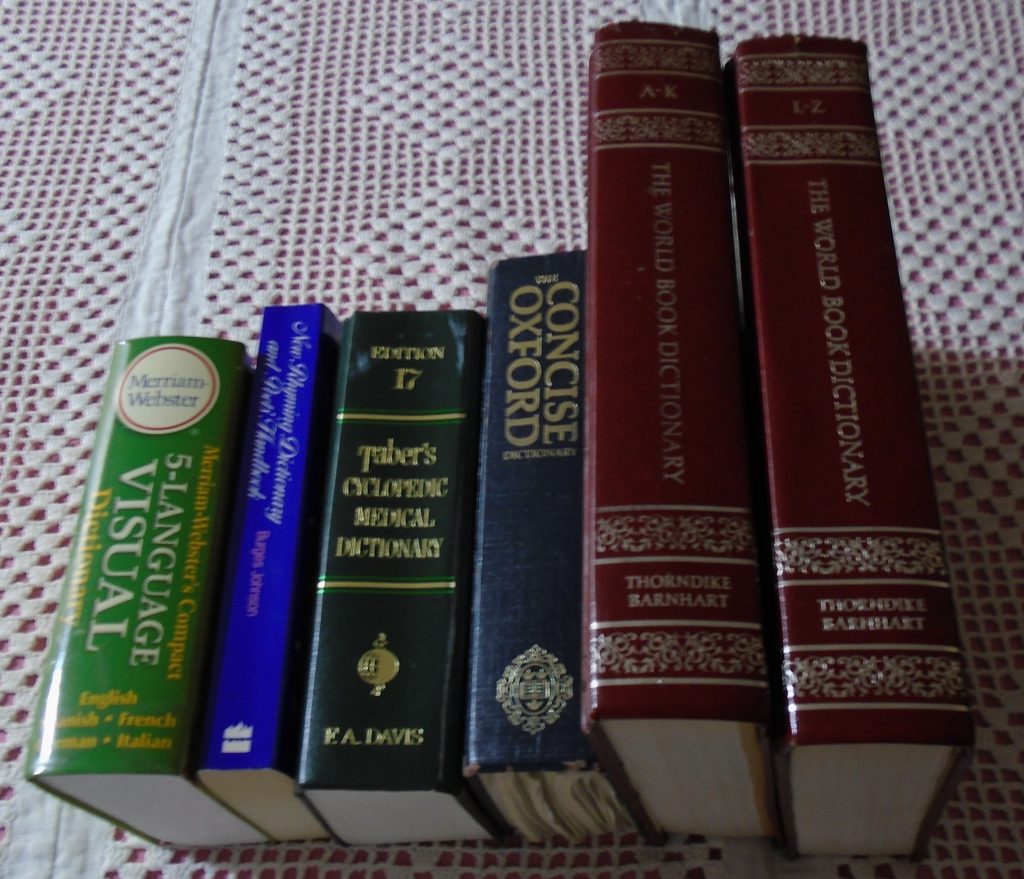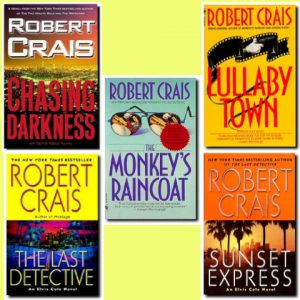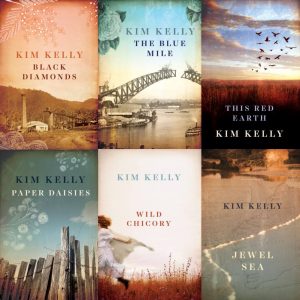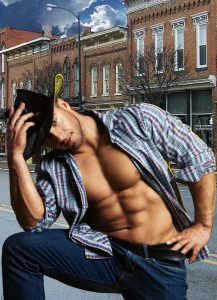Do I use too many big words? Some say that writers should choose vocabulary that would be appropriate for someone in grade school. Certainly, those writing non-fiction, and especially how-to’s, should keep it simple so that anyone can understand. But it is my opinion that novelists have not only the opportunity but the duty to express themselves in ways that improve readers’ vocabulary and lingual facility. (Yes, I actually looked up those words to make sure I was using them correctly. That’s what I do as an author.)
Okay, yes, it can be a pain to have to look up words as you’re reading. (I read with a dictionary next to me or use the dictionary function of my e-reader.) And it is especially aggravating if trying to understand the meaning of one word leads to being forced to look up several more. But that is how we expand our vocabulary and improve our general knowledge. And I find myself looking up fewer and fewer words these days.
So, I will continue to use twenty-dollar words rather than restrict myself to twenty-cent equivalents, and I will keep on looking up every new term and every one that has fallen through the cracks of my memory.
And if you catch me in a mistake, by all means let me know! Neither I nor Spellcheck can be counted on to be perfect. And dictionaries provide a definition (and sometimes pronunciation), but not always the best way to use a word in a sentence. If you can help improve my English, I would be happy to learn.
Do you read with a dictionary at hand?




I don’t read with a dictionary at hand. If I can’t figure out the meaning of a word easily in a sentence, I will look it up. If an author uses too many unusual words and I have to constantly get up and get a dictionary, it irritates me.